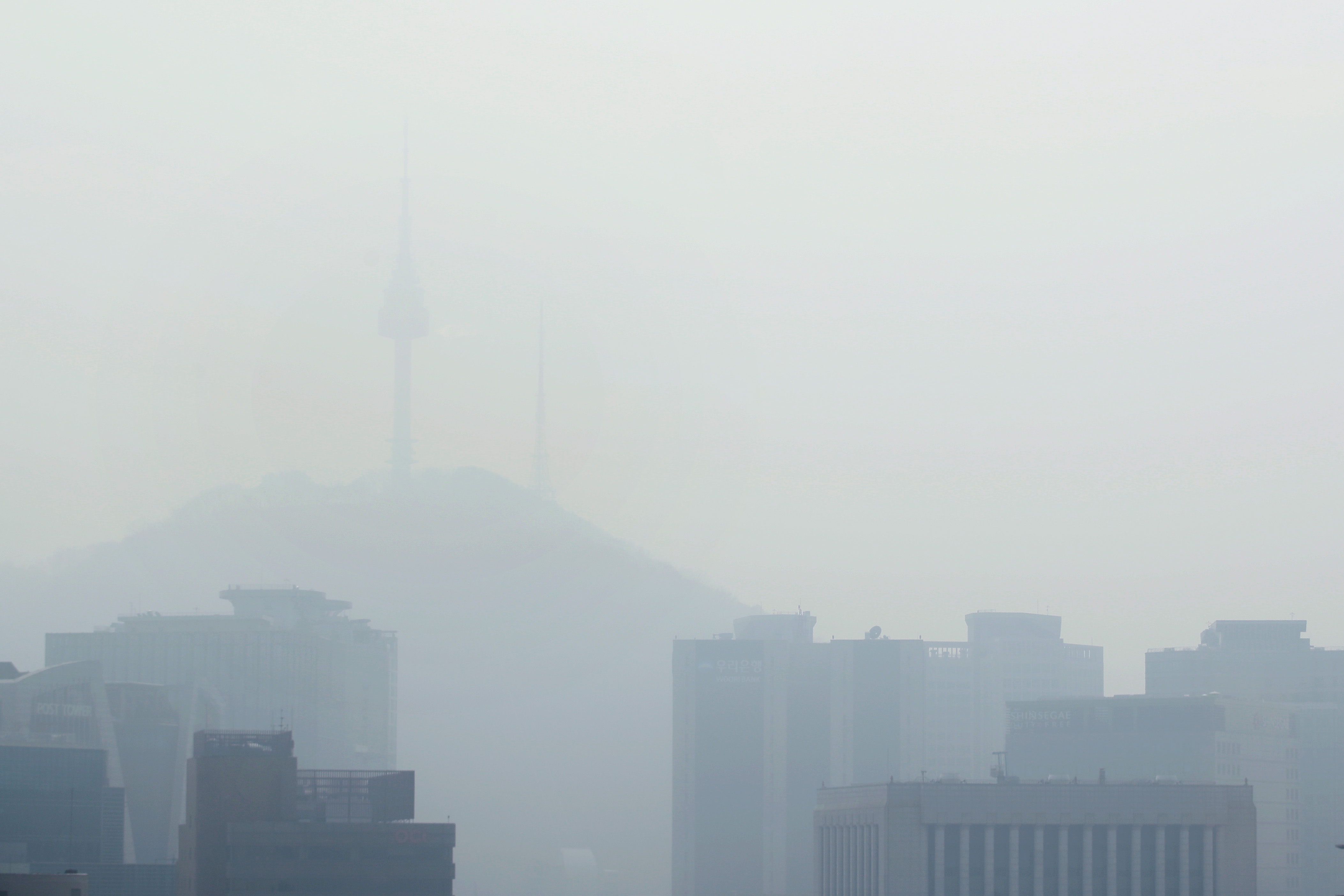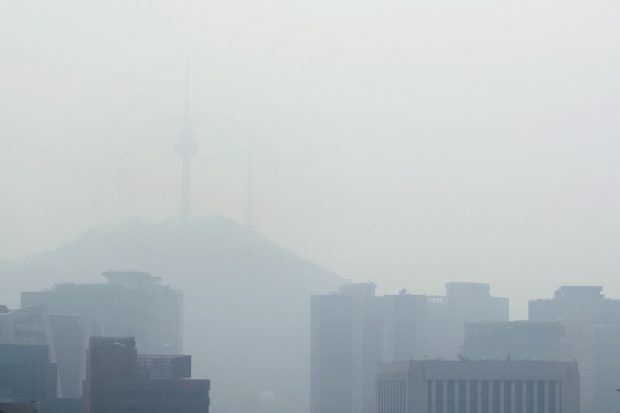
Gov’t to step up countermeasures against fine dust pollution
South Korea is moving to designate fine dust concentrations as a disaster in law, part of its countermeasures to the nation’s worsening air pollution problem, officials said Tuesday. If fine dust pollution is legally recognized as a disaster, the government will work out concrete criteria for damage assessment and support measures, the officials informed of the matter said. ”
A new law calling for fine dust concentrations to be included among social disasters has been presented to the National Assembly. It is likely to pass parliament soon,” one of the officials said. A bill for partial revision of the Framework Act on the Management of Disasters and Safety is currently pending in the National Assembly.



